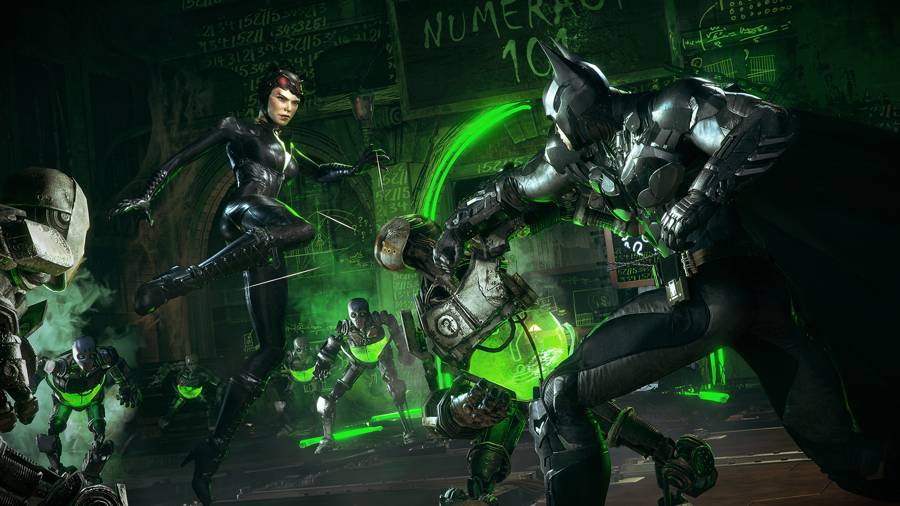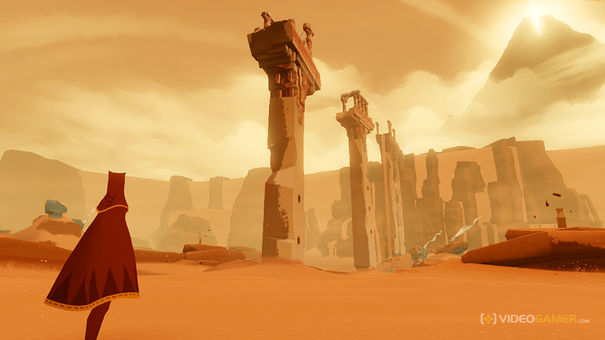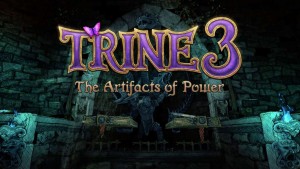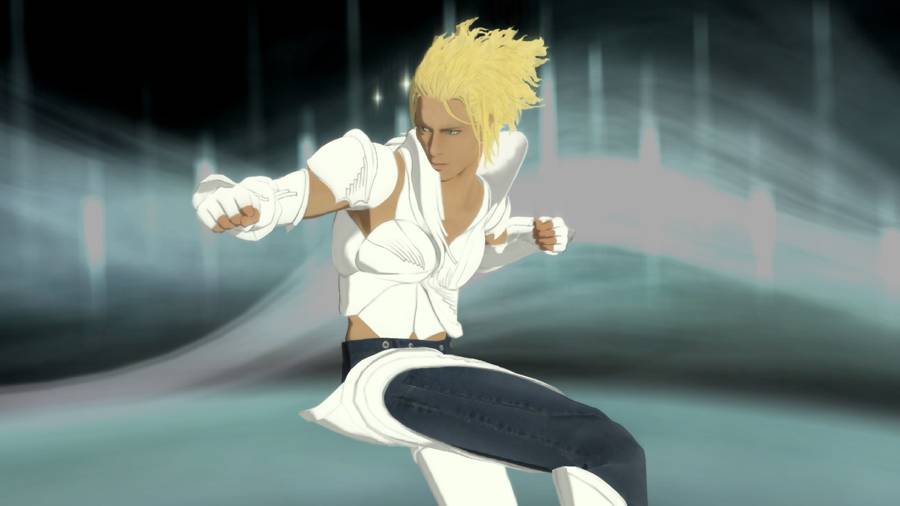Here I intend to examine how role playing games, in particular online role playing games, alters the social networks formed by those who play them. I will look at older pen and paper role play games (RPGs) such as Dungeons and Dragons (DnD) as well as newer games based on computers, such as Might and Magic and World of Warcraft.
I define a role play game as one in which the players assume a character other then themselves. This character is usually in a radically different setting from their normal life, and possessing unusual powers such as magic. These games are rarely set in the present, most usually a few hundred years in the past or future. There are other role play games, but these are far less popular and so are generally insignificant with regard to the current subject.
Dungeons and Dragons belongs to a category of games known as pen and paper role playing, because nothing is required to play them save a pen and some paper. A hallmark of all these role play games is the simplicity of the requirements, which one might say was carried on into the computer generation through requiring only the game to play, except that this is not the norm for games now. These pen and paper games have inspired large numbers of computer games, including Might and Magic and World of Warcraft, enough to be considered the founders of a genre which has become increasingly popular.
Pen and paper games generally require a fairly static group of players, as the character progression system does not encourage new players to join the group. In addition to this, it tends to foster a close sense of teamwork, as it pen and paper role play games are not competitive. Together, these two aspects make it difficult for anyone new to join, and can lead to solidification and potentially even an unnecessary rigidity, nether of which is particularly forgiving of expansion. On the other hand, it is possible for new players to join, and some groups are extremely fluid with a high turnover of players. In either case the potential for social networking is low. As well, many people play it for escapism, and prefer not to leave their life at the door as it were. Still, this is not very different then any other social club and in truth it has very little effect on the networking possibilities available to the players.
Computer games are an entirely different matter. Single player games such as Might and Magic may e dismissed out of hand, as they are no different then any other games and the impact of games as a whole is not under discussion. However, MMORPGs are a completely different matter. There are many forms of MMORPG, but without exception they allow or, more usually, encourage players to form player-run organisations. Usually called clans, or sometimes guilds, these organisations allow players to band together to aid each other and to compete with the other groups. Most of the players of these games use them as a form of escapism, fleeing from the drudgery of normal life to a place where their efforts are rewarded. In RPGs, everything you take visibly contributes to your growth as a player, and your status can instantly be seen by the items you use and your skills in combat. Once in the game, though, it is highly interactive and the anonymity provided by the internet encourages interaction on an equal level. It is easy to form friends, although such friendships are extremely fluid and liable to shift without warning. Clan members, however, usually form close bonds of mutual support, willingly lending a hand to another member or leaping to their defence.
Sometimes, although it is the exception rather then the rule, membership in a clan or friendships formed online will extend to real life. This is the exception because there are simply so many people, from all over the world, that it is highly unusual to meet someone online that lives geographically close to you. Still, many people do continue acquaintances formed in a game through instant messaging such as MSN messenger or ICQ. It isn't common for one player to introduce two others in an online game, because there is really no need nor reason to. Thus while a large number of contacts will be built up in the course of normal interactions, few of these will lead to a second level of contacts, and even fewer will ever be contacted to outside of the internet.
So online games can provide a great aid to the formation of social networks, although these networks are usually quite distinct from those formed outside the internet. However, these two worlds will often overlap, as online and offline friends will be contacting the player with using the same email address or messaging account.
While social networking is relatively unaffected by pen and paper role play games, the online alternatives have quite a significant effect. They allow the building of a large network of social contacts, and although these usually do not carry over into real life it could be argued that more and more of so called 'real life' is actually occurring online. Hence it is not particularly odd that social networking and the formation of friendships is gradually shifting online, along with the rest of human activities. In conclusion, while pen and paper RPGs are little different then any other club or hobby, MMORPGs have a huge influence on the lives of their participants. They enable large virtual networks of contacts to form, and generate an entire online community with its own forms rituals and rules of conduct, really no different then any other society or social gathering- save appreciably larger!





